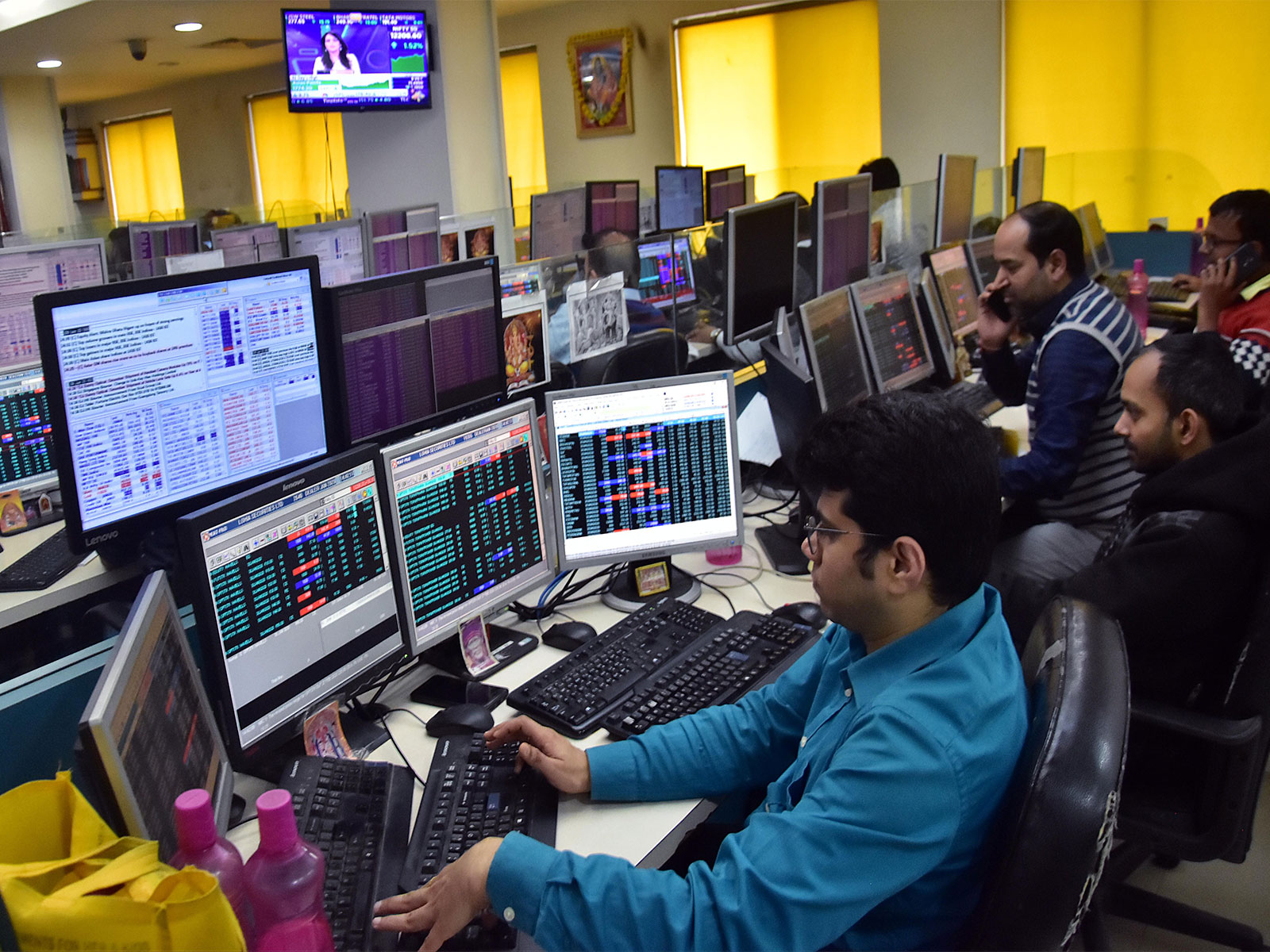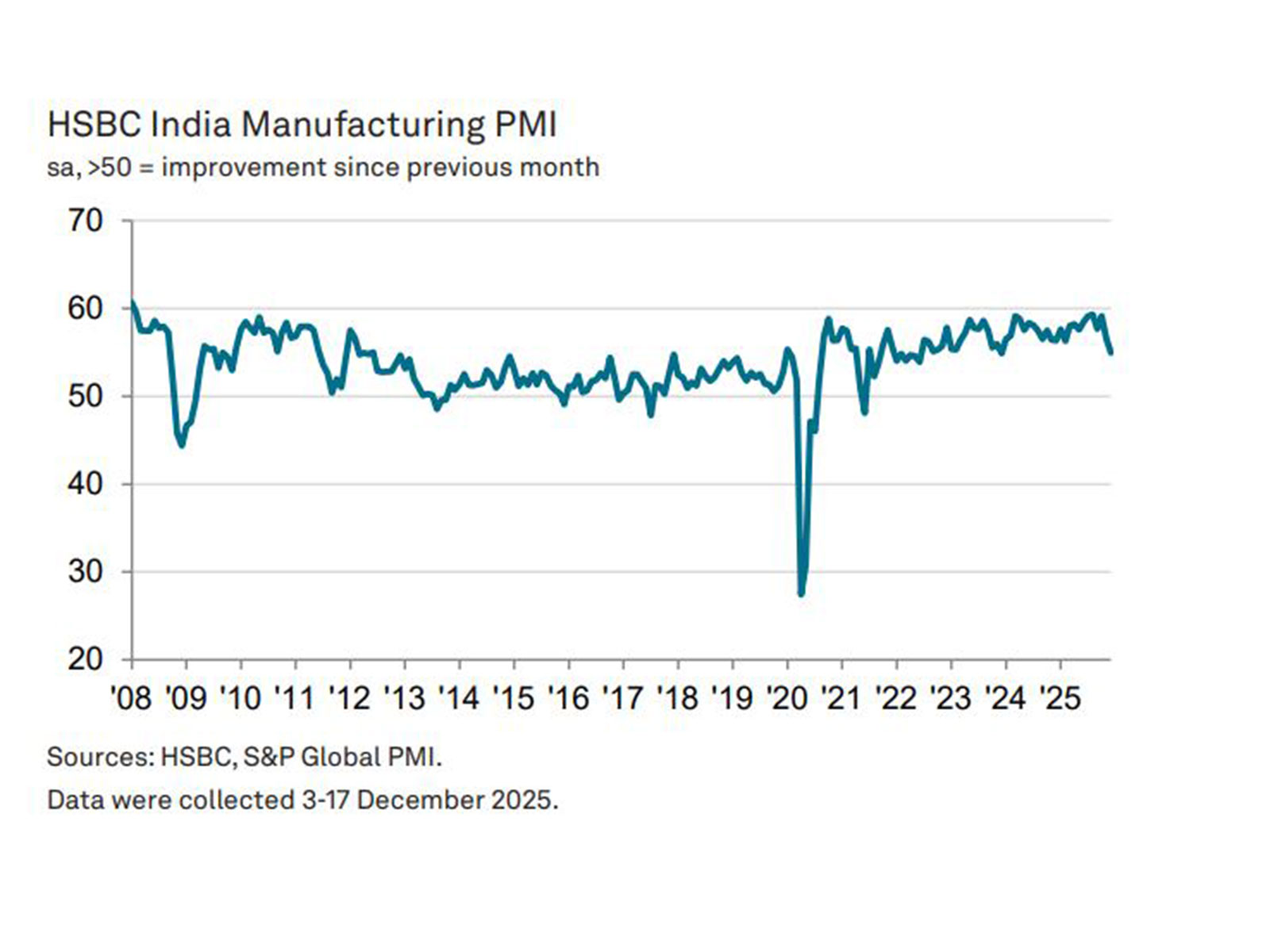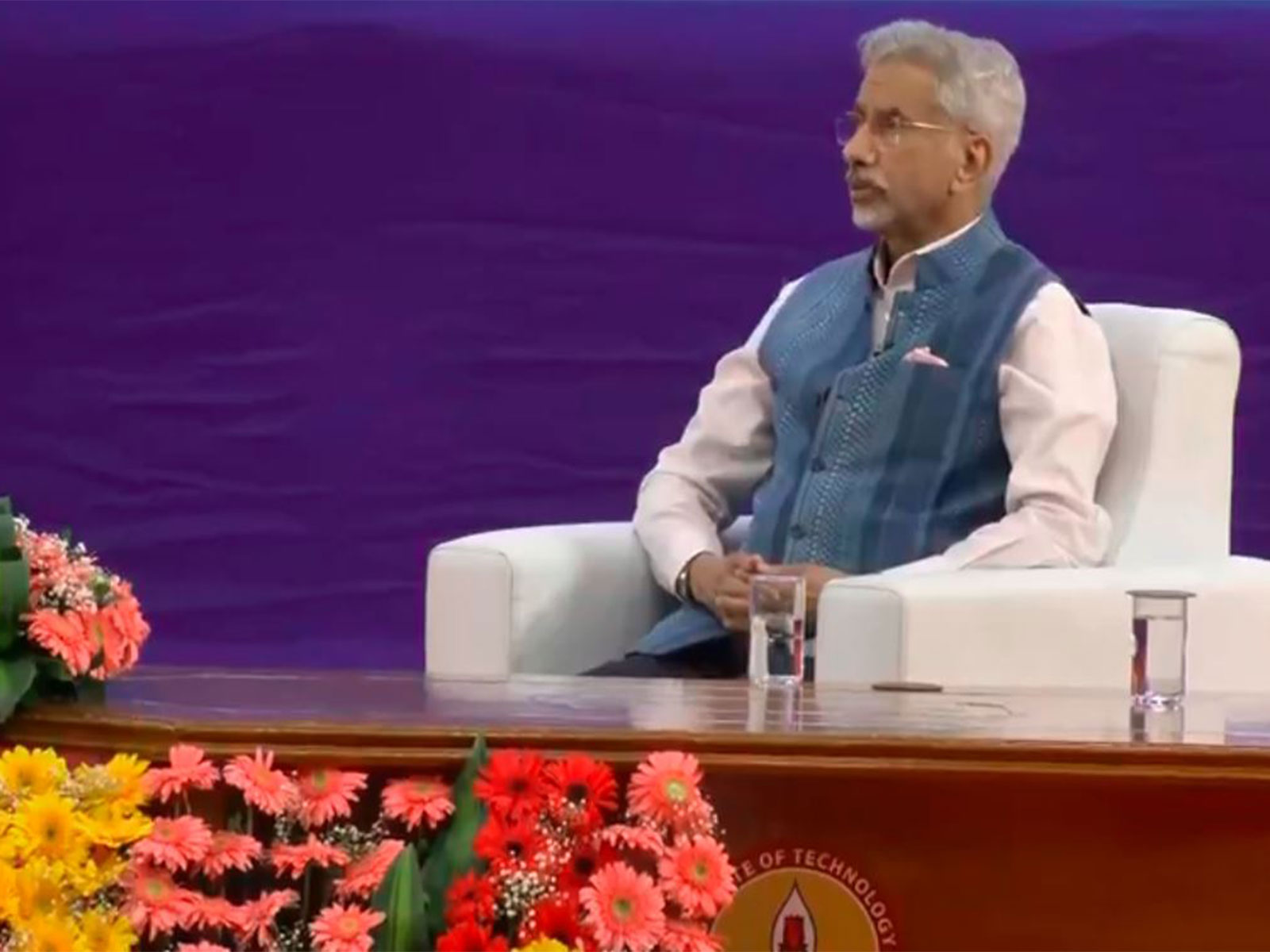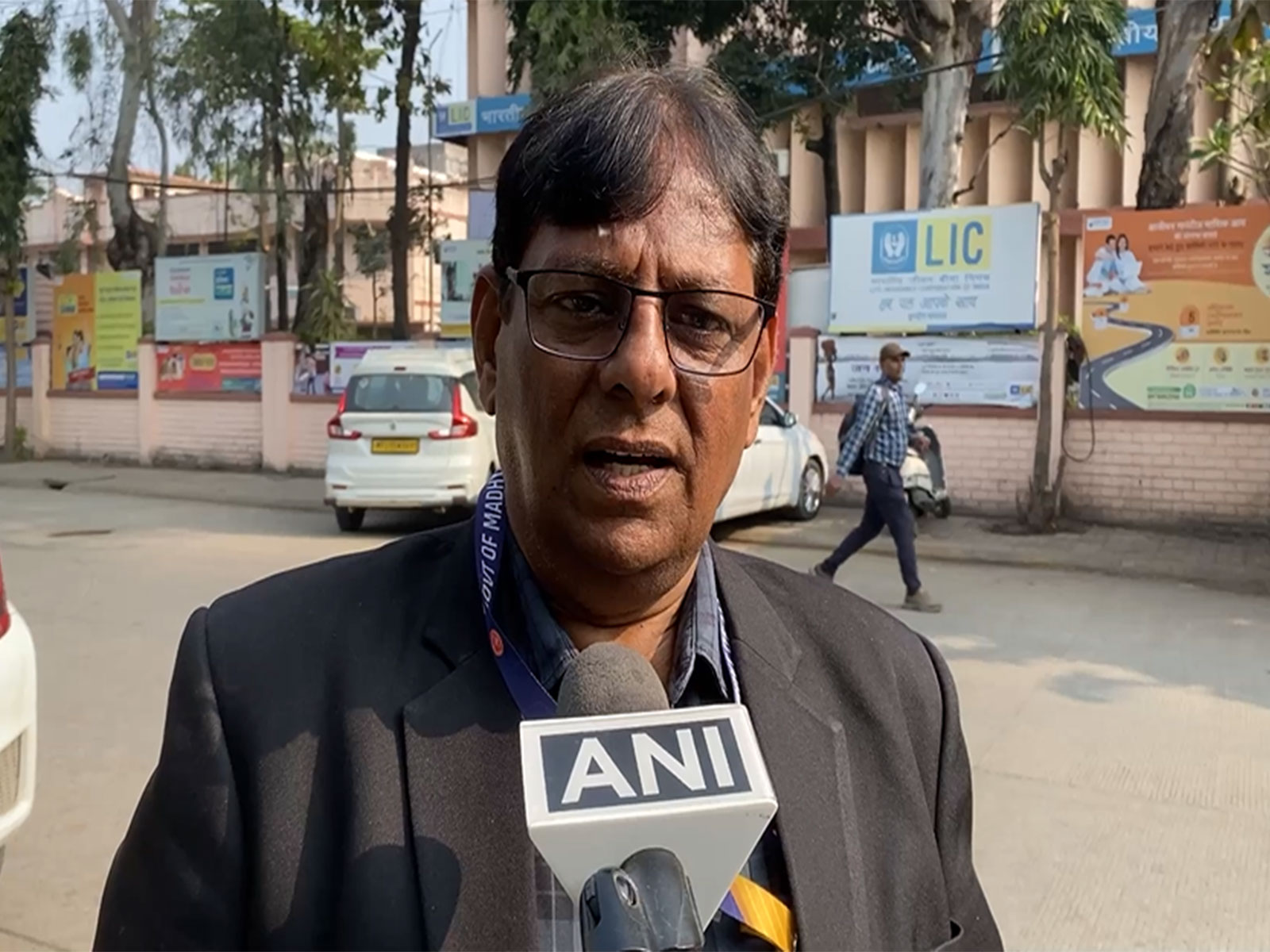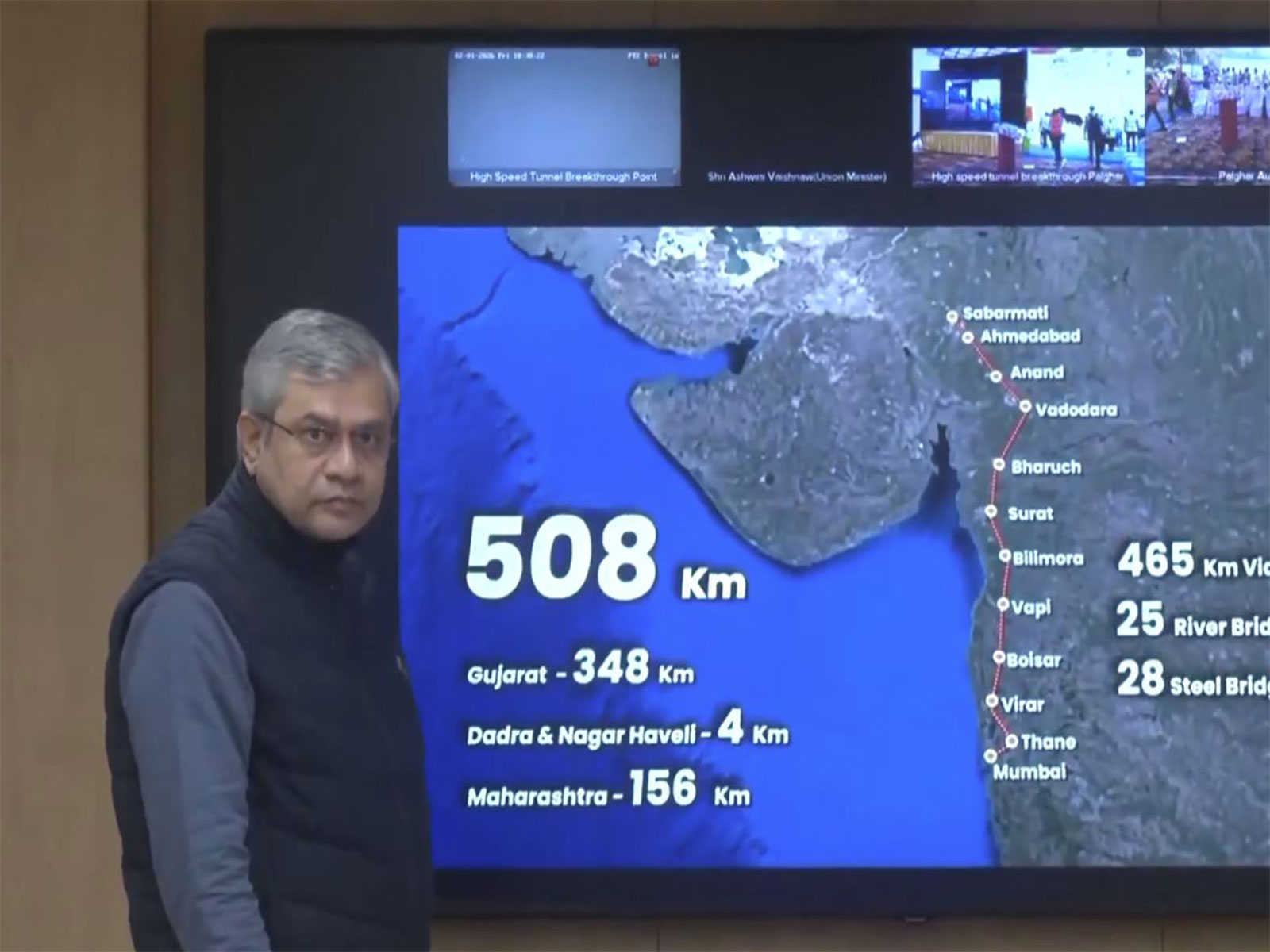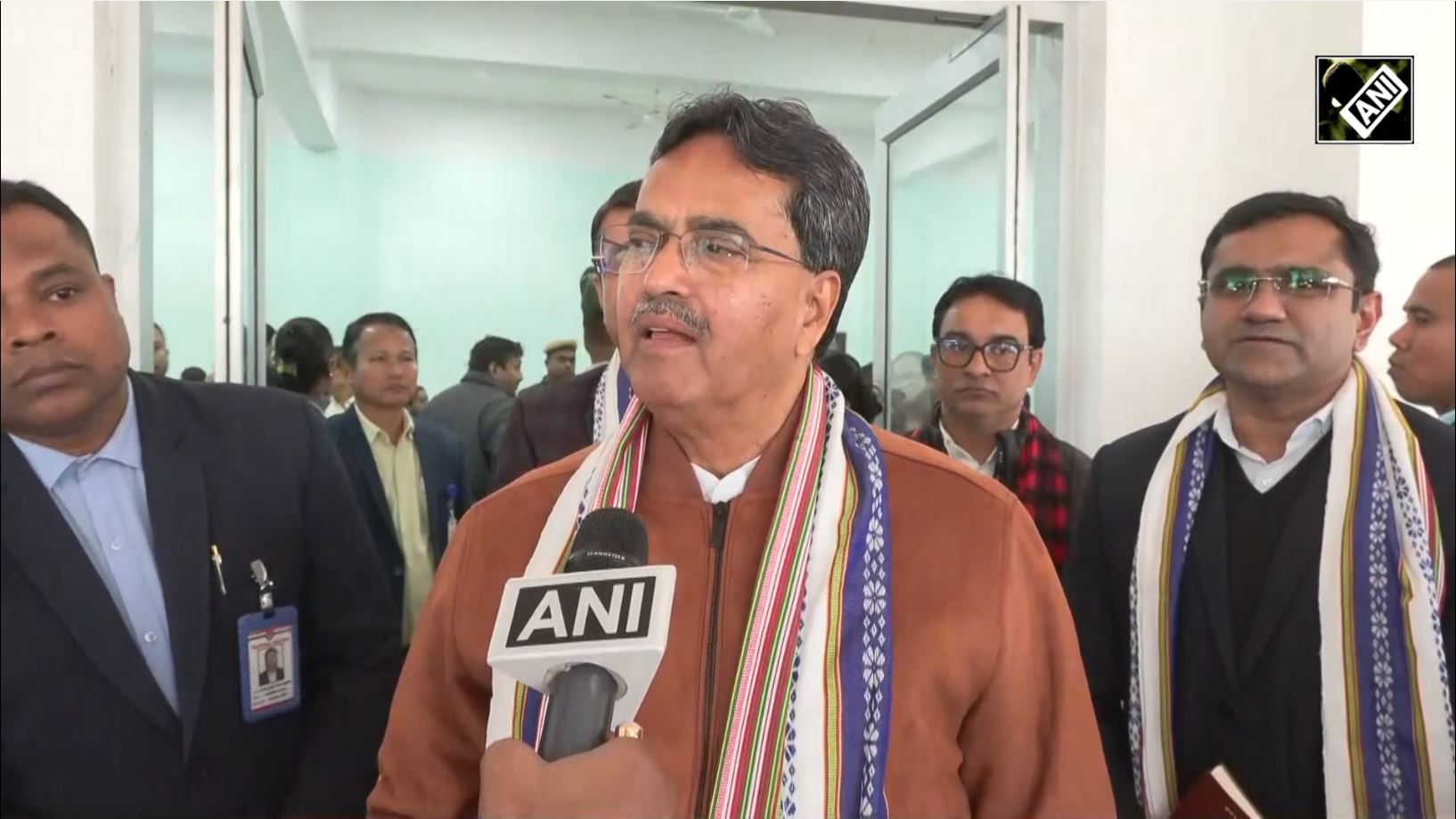Indian development trajectory emission matters globally: WB official Martin Raiser
Feb 07, 2024

New Delhi (India), February 7 : Martin Raiser, a senior World Bank official, on Wednesday lauded India for its high economic growth and modest emission, saying India's development trajectory matters globally and its track record puts it on a much lower carbon emissions path than other major economies.
Speaking at an event here, Martin Raiser, Vice President for the South Asia Region at the World Bank, emphasized the need for climate resilience as India is among the top 10 Most climate-vulnerable.
He also stressed the importance of more private investment along with public funding to address the climate issue
Raiser was speaking at the World Sustainable Development Summit Day 1 organized by The Energy and Resources Institute (TERI).
Emphasizing that India today emits only 2.8 tons of CO2 per year, a quarter of China's and less than half of the global average, Raiser believes the country would continue on this high growth, modest emissions path. He cited two arguments to support his argument.
"First, because it's the remains of the economy driven by low emission services, even if demand for industrial goods is likely to increase as India organizes and builds more infrastructure to serve this fast-growing economy. Second, technological progress will allow India to increasingly comfortable energy supply from carbon emissions and has already made significant inroads in the power sector" he said.
Raiser also pointed out that India is the world's fourth largest renewables market and owns 3 per cent of the global manufacturing capabilities.
"India's development trajectory matters globally. Its track record today puts it on a much lower carbon emissions path than other major economies in the form of its climate vulnerability, deep domestic capital markets and domestic innovation capacity, which may also position it as a leader in developing and funding climate smart climate," he said.
Raiser is of the view that India's industrial sector is more challenging to decarbonize while mentioning that it is projected that industry alone will account for 50 per cent of India's carbon emissions by 2050.
"India is among the top 10 climate-vulnerable countries globally. Planning for climate resilience is therefore essential," he mentioned.
"It is international partners, including the multilateral development bank's have the responsibility to support these efforts," he added.

